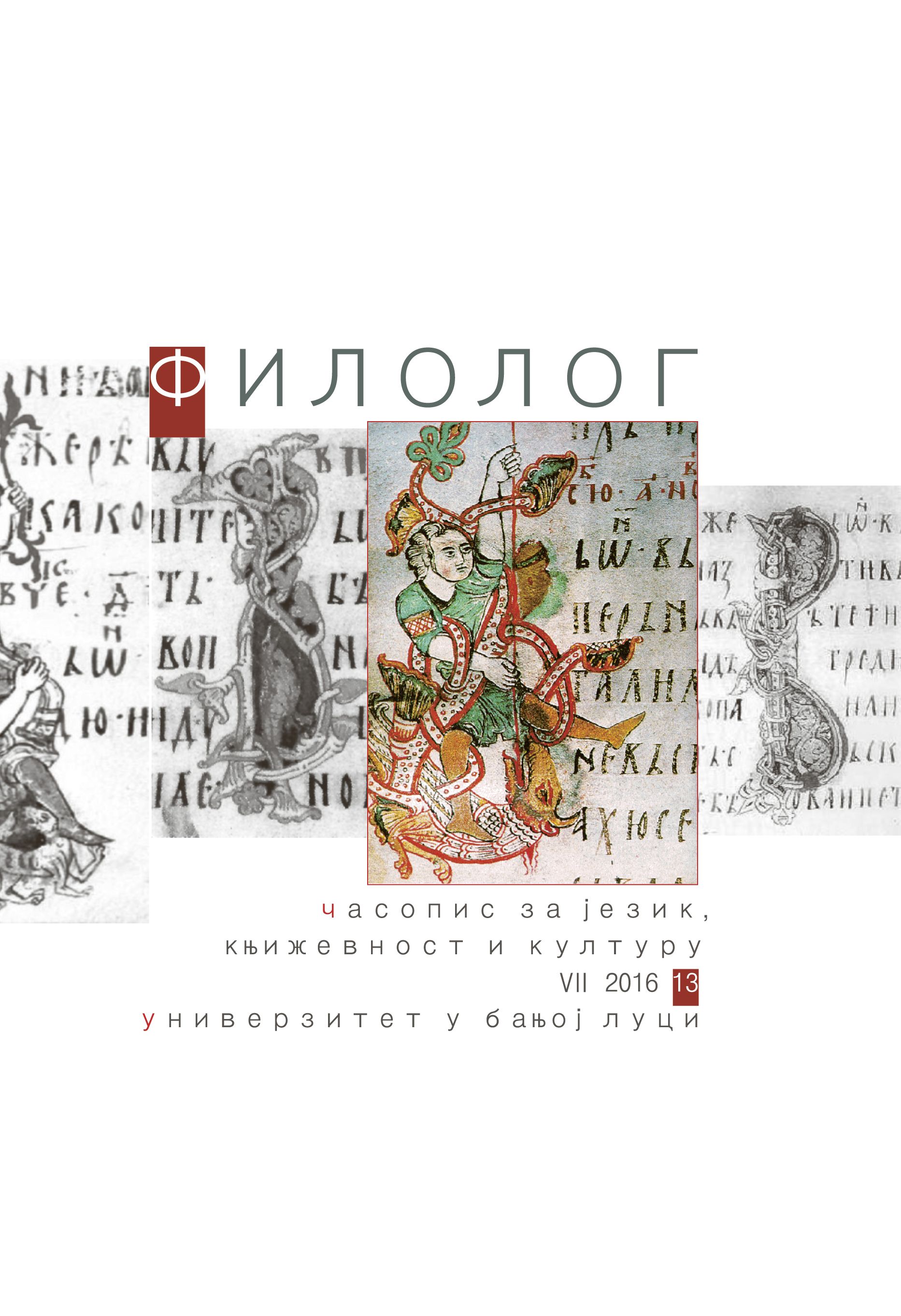O modalnim glagolima MUST i MAY u engleskom jeziku i njihovim ekvivalentima MORATI i MOĆI u srpskom jeziku
On the Modal Verbs MUST and MAY in the English Language and Their Equivalents MORATI and MOĆI in the Serbian Language
Author(s): Tijana Mihić PijetlovićSubject(s): Foreign languages learning, Morphology, Semantics, Comparative Linguistics, Philology
Published by: Филолошки факултет Универзитета у Бањој Луци
Keywords: Root modality; epistemic modality; modal verbs; MUST; MAY; metaphorical extension; forces; barriers;
Summary/Abstract: The ambiguity of modal expressions between root and epistemic senses is characteristic of many languages. This paper analyses the meanings, which the modal verbs must and may in the English language have when they express root and epistemic meanings. Then, the meanings of their corresponding modal verbs in the Serbian language, morati and moći, are analysed. The aim of this paper is to examine to which extent the meanings of these modal verbs correspond in the two languages. The model used in the analysis of modality is the theory of metaphorical extension where modal verbs are viewed as metaphors of (absent) forces and barriers. The conclusion is that English and Serbian, as far as these modal verbs are concerned, completely correspond on the semantic level.
Journal: Филолог – часопис за језик, књижевност и културу
- Issue Year: 2016
- Issue No: 13
- Page Range: 127-141
- Page Count: 15
- Language: Serbian

